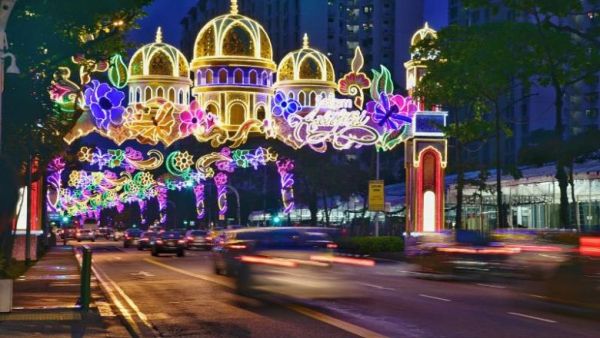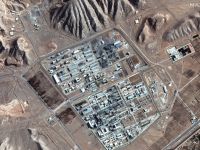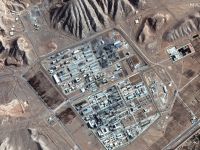Restaurant sales are expected to “significantly increase” during Ramadan, after they fell 50 per cent in the first few months of 2019, according to the President of the Restaurant Owners’ Association Omar Awwad.
“The decline in sales began in 2018 and has extended up until now. The factors negatively influencing sales are those affecting all other sectors as well — increased taxes and citizens drowning in loans,” Awwad said.
He mainly attributed the predicted increase to the government’s request of banks to defer loan payments until after the holy month.
Last week, the government urged banks to delay citizens’ loan payments, a request that was “not obligatory but suggestive”, described by Basem Aadi, head of the financial department at the Association of Banks in Jordan.
{"preview_thumbnail":"https://cdn.flowplayer.com/6684a05f-6468-4ecd-87d5-a748773282a3/i/v-i-4…","video_id":"43913045-bf35-458c-b227-906733fd0be7","player_id":"8ca46225-42a2-4245-9c20-7850ae937431","provider":"flowplayer","video":"Vladivostok Summit Focus on N. Korea, Russian Relations"}
However, he said in a phone interview, that the government, the Association of Banks and the central bank cannot interfere in any bank’s policy, so the final decision is ultimately up to each individual bank.
He added: “Some banks have agreed to delay the payments without interest, others with interest and some are still studying the decision.”
Awwad said the wavier would “help market liquidity, at least for the holy month”, adding that he predicted sales to jump 40 or 50 per cent during Ramadan.
“On one hand there are those who will be able to afford [eating at] restaurants because of a delayed payment, but there are also those who are financially capable of doing so regardless. Together, those two segments of society will account for an upturn in sales,” he said.
However some restaurant owners said they were sceptical about the association’s claims.
“There is no correlation between delayed payments and improved sales. The citizens know that, ultimately, they will have to meet that payment. It is not going anywhere. That is why our reliance is on citizens who are somewhat financially comfortable, during Ramadan and throughout the year,” said Osama Ghazal, owner of a burger shop in Jabal Luweibdeh.
An owner of a juice shop, who preferred to remain anonymous, said that “a 50 per cent increase is an exaggeration. Sales might increase, but not more than 20 per cent in this economy”.
Others in the sector said the holy month often “sparks an atmosphere filled with cravings”.
Khaled Homsi, an employee at the dessert chain Nafisa, said that “even if citizens have 10 loans on their backs, they will not deprive themselves or their families of a craving after a long day’s fast”.
This article has been adapted from its original source.








